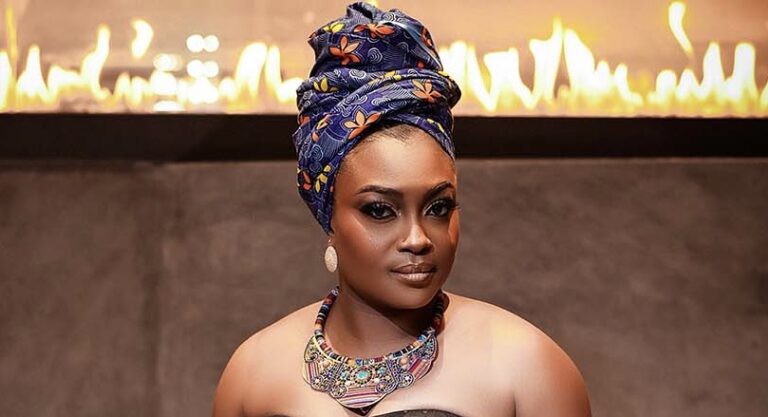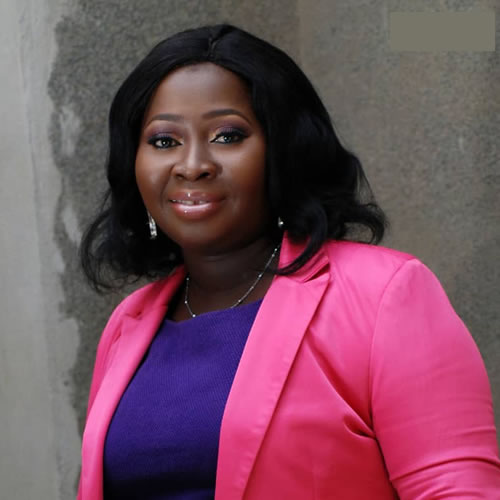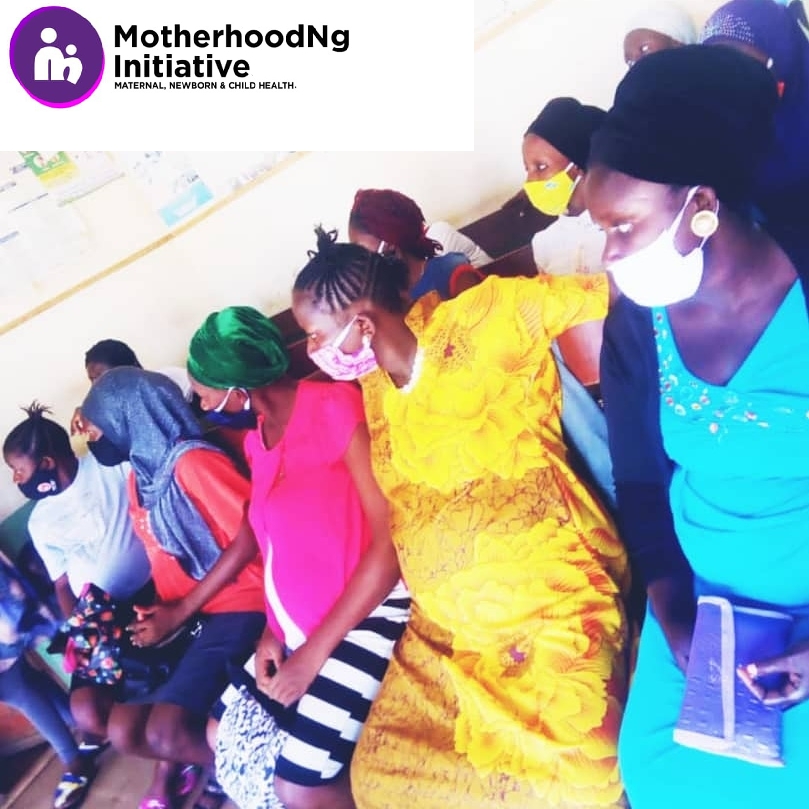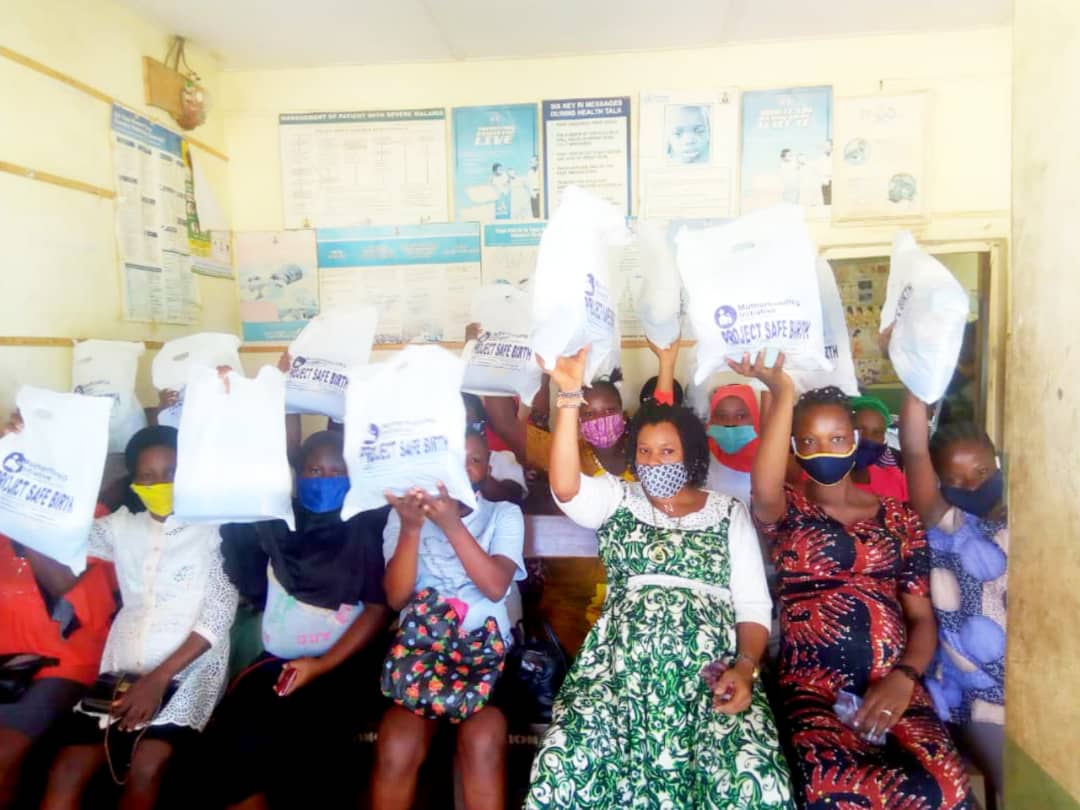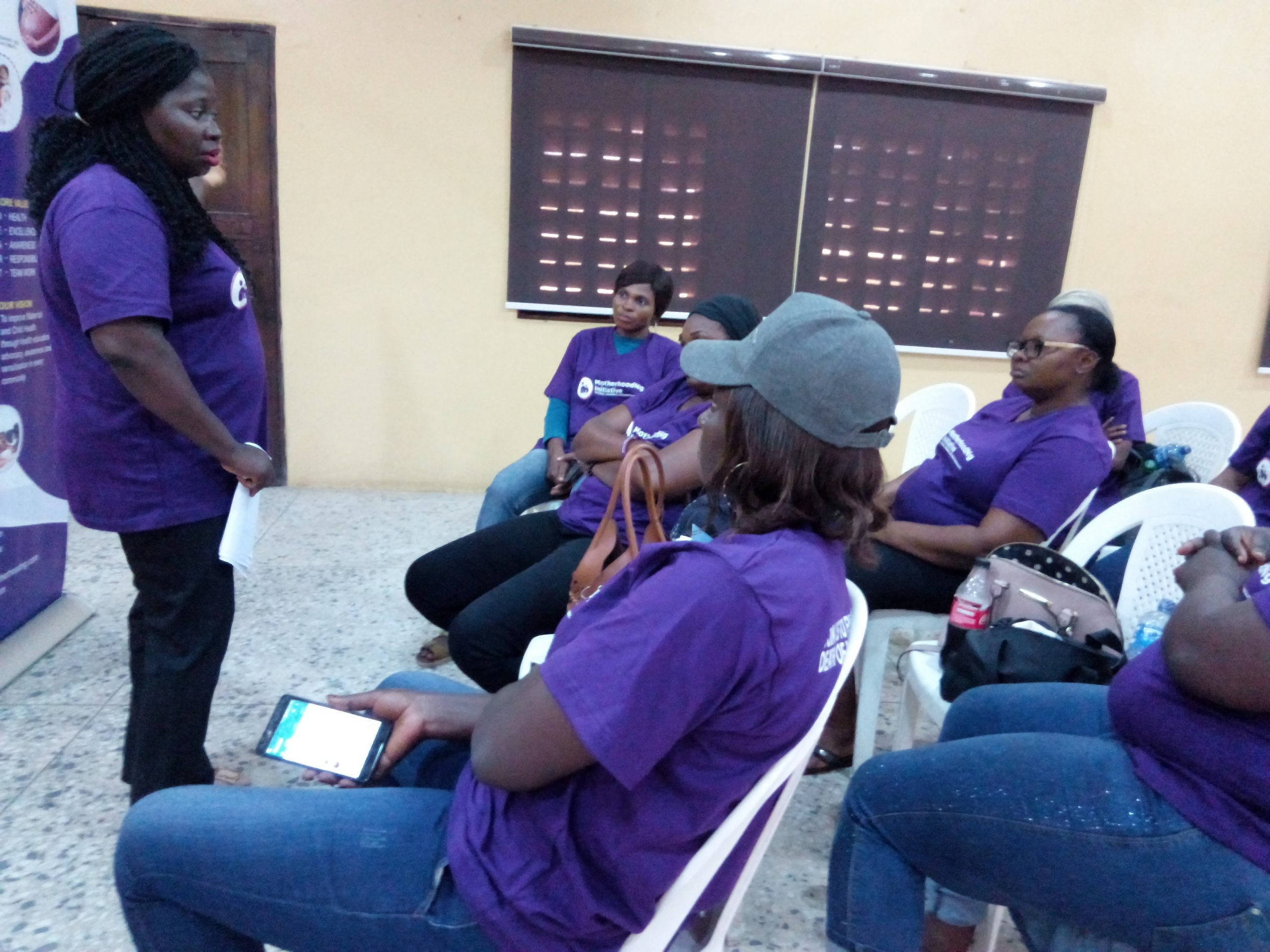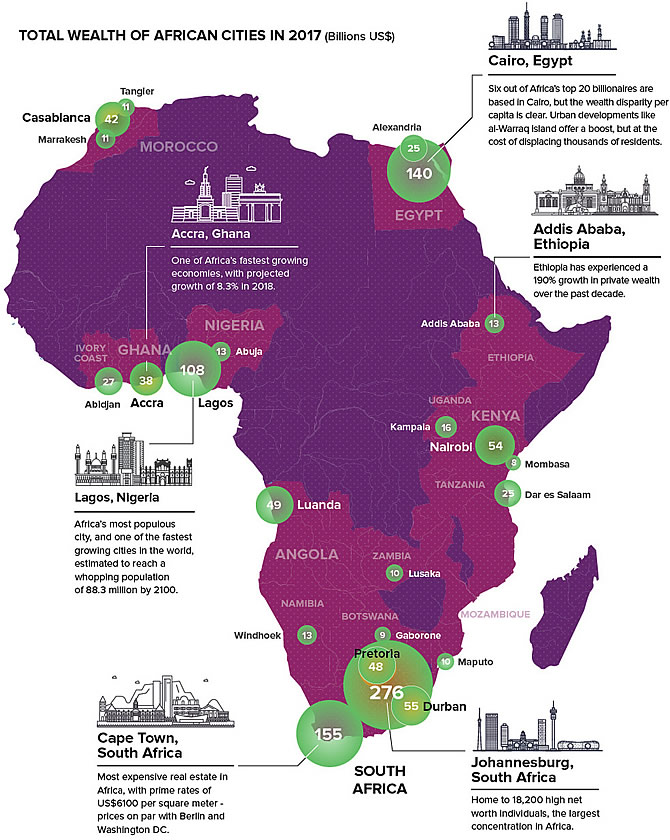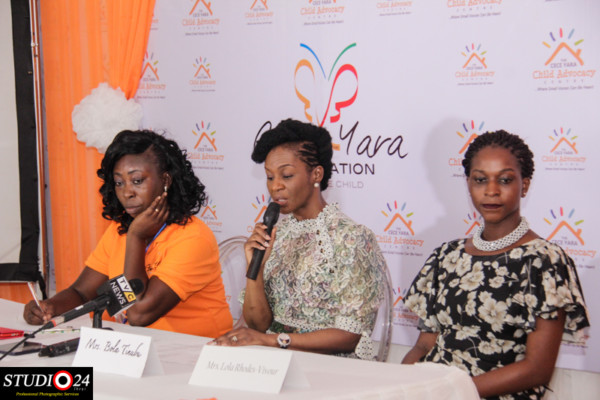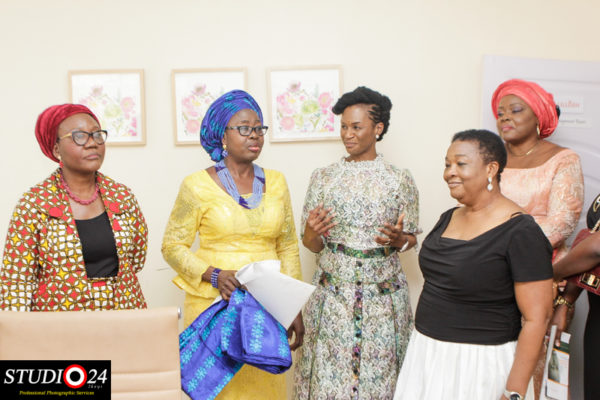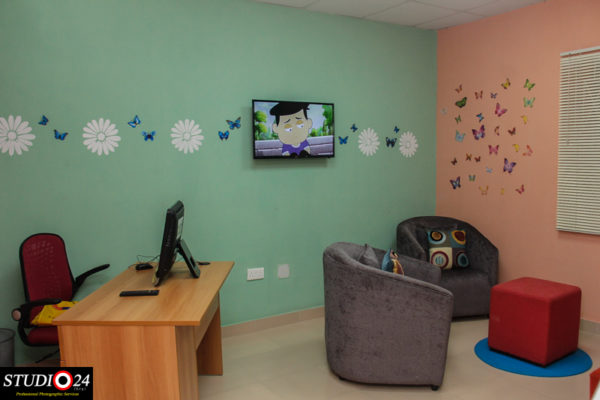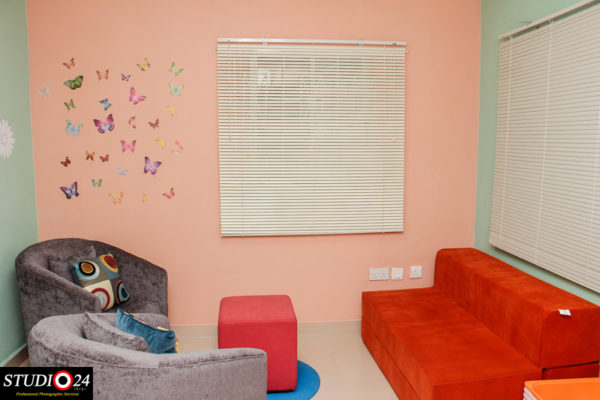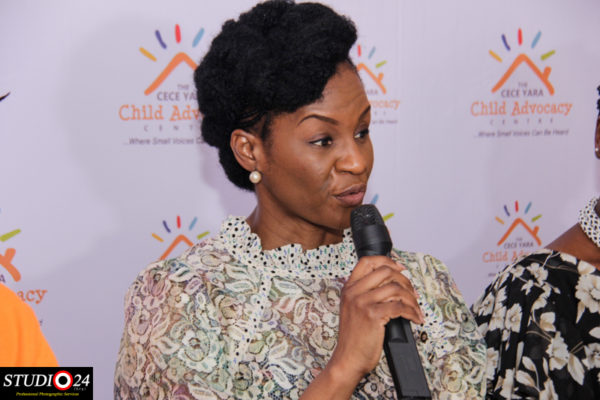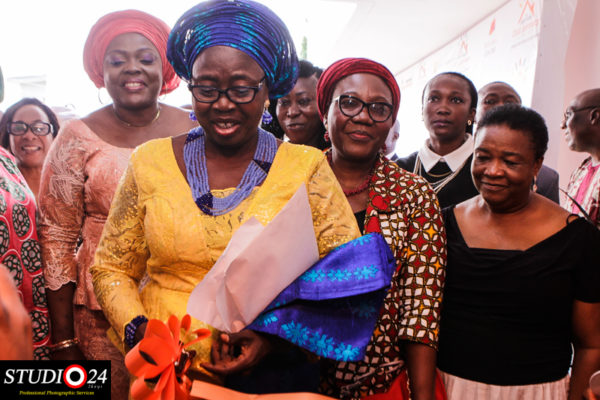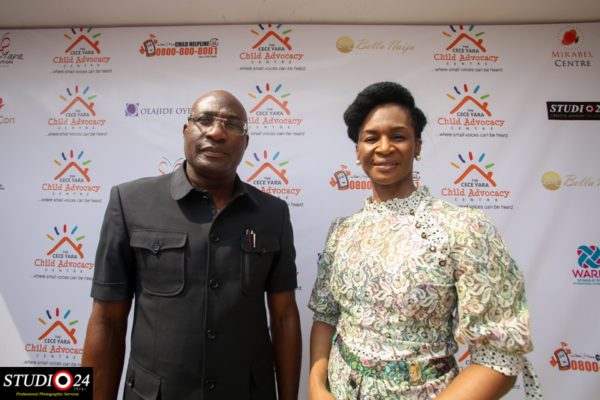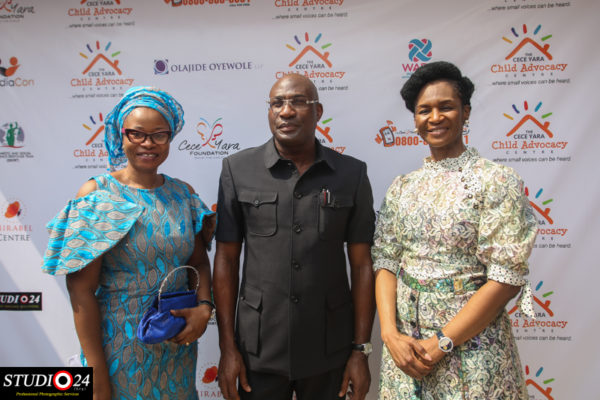Nigeria… The home of the big man with the big watch with the big car, the big yacht, the big Ikoyi villa, the big corner suite and the big watch. Nigeria… The land of the night clubs open late into the night where big boys roll up in their armoured four by fours to pop champagne and big girls (and small ones waiting for the big fish) gyrate to Afrobeats.
Nigeria… Where the make of your car, your designer handbag, your shoes opens the right doors or sees the right doors slam in your face.
Nigeria… The home of pastors who preach hellfire and fury on Sunday mornings on those ashawos who fail to pay their tithe, those same ‘men of God’ who jump on their private jets paid for by those hard earned, easily parted tithes to run up and down the country allegedly spreading the gospel at the congregation’s expense. The same congregation that work day and night to put together that 10%.
Nigeria… The home of the congregation that spend the whole of Friday night at vigil and the whole of Saturday night at the club chasing tail.
Where the road to riches is paved with as much blood, sweat and tears as sin, sleaze and sacrilege. Where a night spent in the right bed or a day spent in the wrong car can make or break you. Where the right friend in high places can set you up and the enemy in the right circles can crush you down.
I remember the first time I visited Nigeria in the spring of 2009. Hungry for a new land and all its heady promises ahead of me waiting to be explored, I couldn’t contain my excitement, keen to explore every nook and cranny. My friends, still in their mid- to late twenties, in their fresh JJC status were keen to make the most of their ‘flavour of the year’ status – until the next shipment of JJCs arrived next year of course! – were keen to make hay while the sun was up. Thus, almost every day was spent at a private beach or one of the new hipster scenes mushrooming around Lagos and every night club hopping into the early hours of the morning.
I recall vividly my first night out. Driving down the cities of Victoria Island that all looked alike to my foreign eye, looking out the window, I would see women cooking under kerosene lamps on street corners, their babies tied in a wrapper on their backs, toddlers on cardboard boxes by their feet, men several feet away idling the night on their stools by the roadside. Bare feet, skin glossed in sweat, bellies hanging out of their trousers.
Turn a corner, and there they were: the young movers and shakers of Lagos, slipping out of Jaguars and Bentleys, dressed to the nines, girls spilling out of body cons, dripping in jewellery, dripped in perfume; guys in their brand jeans, tops and shoes, brandishing their Rolexes. Turn another corner, a family steeped in darkness, then another street, and a nightclub shining like a beacon through the dark night, powered by six generators.
I was horrified at the two extremes side by side. More so by the blindness of the rich and privileges to the bleakness all around them. Looking at their suave swagger, you’d be forgiven to think they were strutting down the bright boulevards of Manhattan or the sleek streets of Mayfair. Yet here they were right in the heart of Africa’s giant, dodging manholes, broken pavement slabs and hawkers, with nothing but poverty and darkness round every street corner.
A few nights later, heading down to the De Marquee, one of the hip and happening clubs at the time, from where our car was parked a few hundred meters down the road, we were assaulted by beggars and hawkers right, left, centre as we zigged and zagged our way. “Don’t look at them,” someone would say, “don’t acknowledge them” another, “do not reply,” someone else would add, “Just keep looking ahead.” So there was I, head held high, eyes fixed to the horizon, ignoring the suffering around me. It had taken me just four days to become immune to the extremes of Lagos.
Now what’s the point of all this?
According to the Commitment to Reducing Inequality (CRI) index compiled by Development Finance International (DFI) and Oxfam, Nigeria is now home to the highest number of the world’s poorest people – 86.9 million compared to India’s 71.5 million and has overtaken India to become the poverty capital of the world.
Nigeria also ranked really low – 152 of 157 countries – on the World Bank first-ever Human Capital Index (HCI). The index, according to Quartz, measures “the amount of human capital that a child born today can expect to attain by age 18” using 5 factors: chances of a child reaching age five, healthy growth, expected years of schooling, quality of learning available and the adult survival rate.
And to add insult to injury, a most recent report by Technosave presented at “Our Actions Are Our Future: A #Zero Hunger World by 2030 is Possible” has said Nigeria is currently home to the second largest population of malnourished children. If you wanted to quantify this, according to UNICEF, the number of malnourished children stunted due to malnutrition was 17million in 2018.
The report also revealed that one out of three Nigerian children under the age of five is considered stunted, and that their bodies and brains are deprived of the key nutrients that they need to fully develop and reach their potential.
And yet, the movers and the shakers of this country are slipping out of fancy cars, spilling out of designer dresses, dripping in bling, busy jetting off to destination weddings, holidaying in Dubai, Instagramming their avocado on toast. In between, on the odd occasion, we do talk politics of course – deciding which inconsequential, ineffective leader to put into power for the next four years so those who are rich can get richer, and those who are poor become the invisible stepping stones on the way to the glitzy clubs.
Culled from Guardian Woman
